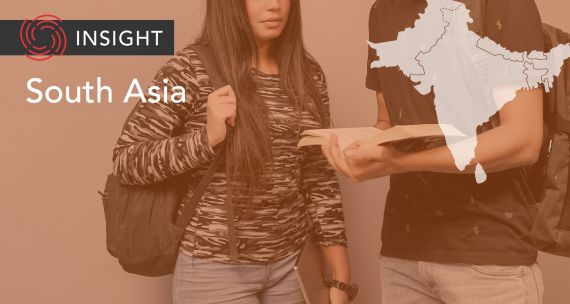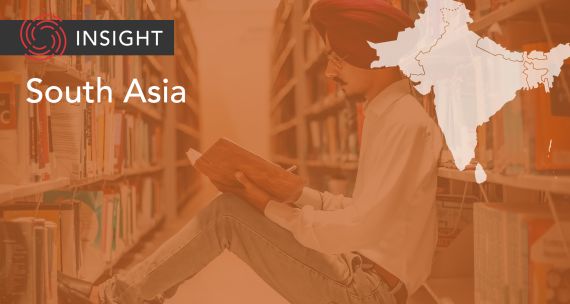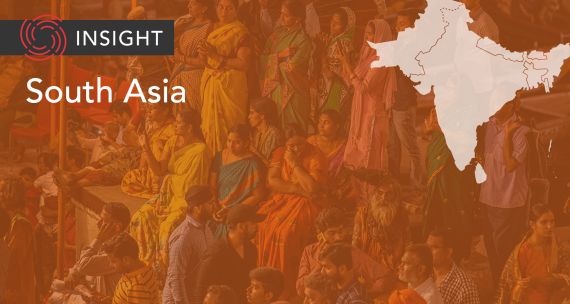South Korea is in the process of transforming its education system to better prepare the next generation for an emerging creative economy – one that will depend on individuals who can spot opportunities for cross-sectoral innovation in areas such as biotechnology and design, and create new products that combine elements from disparate fields such as big data, sports, and music.
The two major educational reforms are the Free Semester Program (FSP) and Software Education. The FSP, which is being implemented nationwide this year, is currently being introduced for one semester in middle school Year 1 (Grade 7) in all public middle schools. It consists of a more student-centred curriculum and increased extracurricular programming that cater to students' interests and passions.
Software Education is currently in its pilot phase, and its curriculum is focused on developing computational thinking, coding skills, and creative expression through software. There are changes being introduced in all levels of elementary, middle, secondary, and university education.
Within the first three years of implementing these two educational reforms, there are stories of transformative change from schools that are participating in the pilot phase. Students interviewed on April 6, 2016 at Songrye Middle School students, a FSP pilot school, described the program as an "oasis with cool water in the desert" and an "airplane" that helped them to reach their distant future. Teachers were surprised that student engagement increased even though students did not have standardized tests that count towards report card grades during the FSP. Elementary teachers teaching coding and computations skills as part of Software Education for the first time found a very supportive network of teachers who shared useful resources and curriculum.
However, there are various challenges that impede a fundamental transformation of the education system. In Korean schools, teachers are having difficulty implementing changes with limited time, constrained budgets, and unequal opportunities to receive further training. Students can be caught between a desire to explore their passions and parental and societal expectations to focus on a prescribed college-to-career pathway. At times, parents and other societal actors, such as tech companies and private education organizations, can provide support and important partnerships to realize new educational goals – but in the process they can also exacerbate education inequality.
This report provides a comprehensive overview of the background of Korea's two major educational reforms in the context of the country's creative economy. It also offers a current update on the process of educational innovation based on the author's field study and interviews with teachers, students, policy-makers, and representatives from the private sector that were conducted between March and May of 2016.
Researcher and report author Rufina Park will be presenting her work at the Asia Pacific Foundation of Canada in Vancouver on June 28, 2016 at 12 pm PST.
To register to attend the lunchtime presentation in person, or to join the event via Live Stream, click here.



